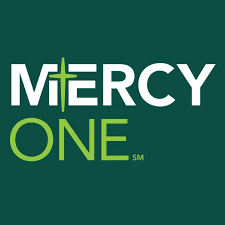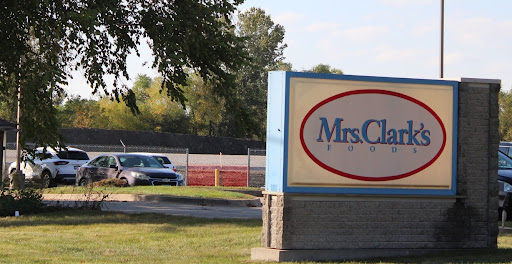Cost of Reimagining Education initiative cut to $265 million
Des Moines school district overhaul needs voter approval

A whittled-down version of a proposal to modernize schools in the Des Moines district received support from the school board on Tuesday, moving the district closer to asking voters to raise property taxes to pay for the plan.
Originally, the Reimagining Education initiative was estimated to cost $500 million, a price tag school board members thought was too high. On Tuesday, district administrators presented the board with a revised $265 million plan that still includes making significant program and facility changes in the district.
All of the costs related to the $265 million initiative are related to the proposed construction and renovations of district facilities, a spokesperson said. A $15 million contingency fund would also be established to pay for unexpected expenses.
The board is expected in September to vote on whether to put the bond referendum on the Nov. 4 ballot. Before that vote occurs, though, a committee must collect nearly 7,500 signatures on a petition asking for the bond referendum. Sixty percent of voters must approve the referendum for it to pass.
If approved, the district’s property taxpayers would repay the $265 million in borrowed funds over 20 years. An owner of a residential property valued at $210,000 in the district would see their property tax bill increase about $200 a year if the measure is passed, according to information provided by the district.
The last time a bond referendum was approved by voters in the district was in 1989, according to the district.
“Developing more modern learning environments throughout Des Moines is an investment towards improved outcomes for every student in our community,” Jackie Norris, Des Moines school board chair, said in a prepared statement.
In 2024, a committee of district staff, teachers, community members, parents and students began meeting to discuss ways to modernize facilities and better prepare students for post-secondary careers and education.
The committee’s work resulted in a plan called Reimagining Education Reinvigorating Schools. The original plan, which would have been rolled out over 10 years, included upgrading buildings and technology, expanding programs such as Montessori and preschool, boosting enrollment and improving students’ academic outcomes.
The revised plan will be rolled out over five years. Specifics include:
- Developing signature schools in each of the district’s three regions: northwest, northeast and south. The signature schools would allow students to be immersed in specialty programs such as career and technical education, health sciences, arts, Montessori and STEM (science, technology, engineering and math). Grade configurations in the eight proposed signature schools include pre-kindergarten through eighth grade; sixth through 12th grade; and seventh through 12th grade.
- Expanding the district’s Diploma+ program that provides students with opportunities to graduate from high school with college credits, improved career preparedness, military readiness and other post-secondary skills.
- Expanding access to all-day preschool including providing transportation in the 2025-26 school year.
- Transforming middle schools with more hands-on activities, and career and technical opportunities. Plans to move sixth grade to all of the district’s elementary schools have been scrapped because of the expense.
- Building a new elementary school in the center of the district with a dedicated focus on fine and performing arts education. The cost to build the preschool through eighth-grade facility is estimated at $42 million. The building would replace Moulton Elementary School at 1541 Eighth St.
- Designing and adding 60 new classrooms that support hands-on, project-based learning and critical thinking skills. Also adding more than 50 classrooms that support career and technical education and 18 classrooms for the expansion of Montessori programs.
- Closing Walnut Street School, Harding Middle School and Howe Elementary School as well as the administrative building at 2100 Fleur Drive.
If the bond referendum does not pass, the district would continue some parts of the initiative such as the Diploma+ program, Phil Roeder, the district’s director of communications and public affairs, wrote in an email.
“For facility improvements and construction, that will need to be revisited for what alternatives, if any, might exist,” Roeder wrote.
More online: To read the Reimagining Education presentation to the Des Moines school board, click here.

Kathy A. Bolten
Kathy A. Bolten is a senior staff writer at Business Record. She covers real estate and development, workforce development, education, banking and finance, and housing.










